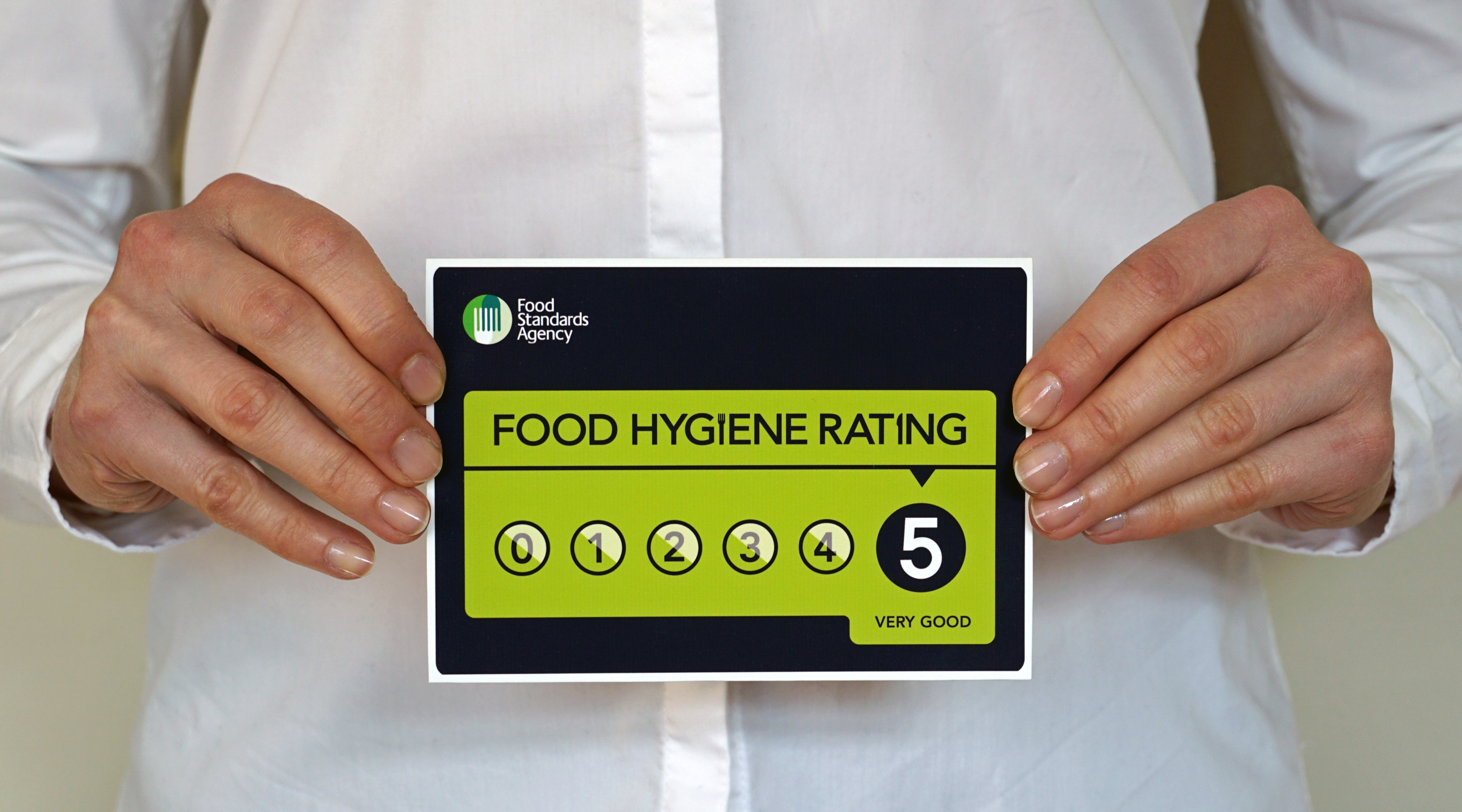A recent survey conducted by Ipsos sheds light on discrepancies between knowledge and practices regarding food hygiene among adults in the United Kingdom. The study, which interviewed 2,231 adults aged 16 to 75 online in March 2024, revealed several habits that could pose risks to public health.
Despite 85 percent of adults reporting cooking or preparing food at home several times a week, some practices indicate a lack of awareness regarding proper hygiene. Notably, nearly four in 10 individuals admitted to using the same tea towel for various purposes, including drying hands and kitchen objects, while approximately one-third frequently or always check their phones while preparing food. Additionally, one in five respondents disclosed storing leftover food in open containers in the fridge, which can compromise food safety.
Of particular concern is the finding that almost one-third of respondents frequently or always wash raw chicken before cooking it. This practice increases the risk of cross-contamination by spreading bacteria onto surfaces, utensils, and hands.
The survey also explored common myths and facts related to food hygiene. While 60 percent of respondents mistakenly believe that gradually cooling food to room temperature before refrigerating is safer, the Food Standards Agency (FSA) advises against this practice due to the potential for bacterial growth. Similarly, a quarter of participants erroneously believe that freezing food kills all harmful bacteria, and nearly one in five adhere to the debunked “5-second rule” regarding food dropped on the floor.
Federica Curcurú, associate director at Ipsos, highlighted the disparity between knowledge and behavior, emphasizing the importance of debunking common myths to improve food safety practices.
In a separate survey commissioned by the FSA, which polled 2,066 consumers in February 2024, food prices, food poverty, and ultra-processed foods emerged as top concerns. Concerningly, 10 percent of respondents admitted to consuming food past its use-by date due to financial constraints, while 9 percent reduced meal sizes or skipped meals for the same reason.
Despite these challenges, there is a growing trust in the FSA’s ability to protect public health, with nearly two-thirds of respondents expressing confidence in the agency’s efforts to mitigate food-related risks.
Source: FSN
Reach out to Fresh Group Food Safety And Quality Consulting for any inquiries related to food quality and safety.




